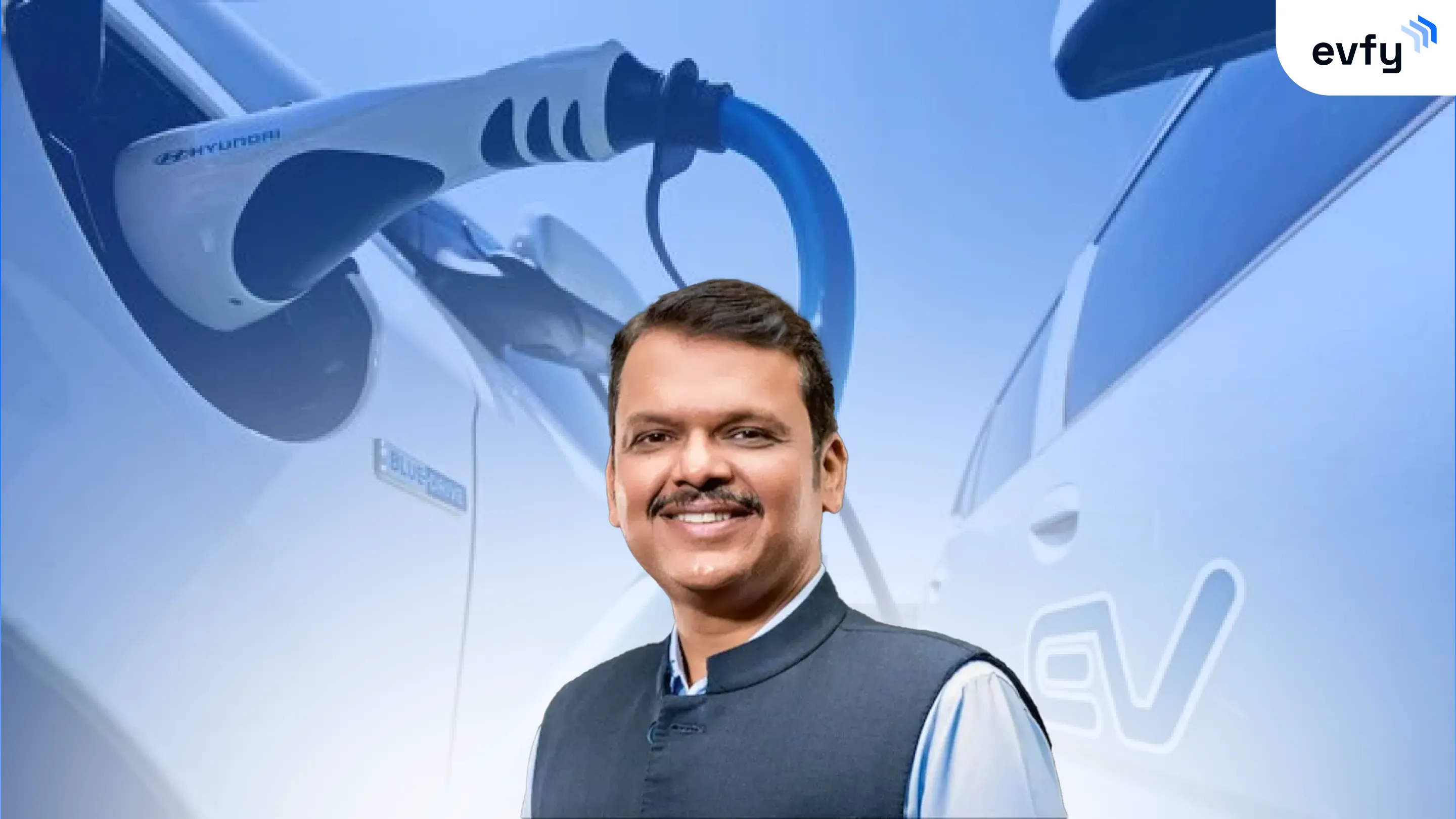In a major step toward enhancing the electric vehicle (EV) ecosystem, the Maharashtra government has announced the introduction of digital battery passports for all new EVs, aiming to bring transparency to battery health and improve resale confidence. This initiative forms a key component of the state’s newly-released EV policy and marks a national first in India.
According to the policy notified on May 23, the battery passport will digitally store and track essential parameters such as manufacturing details, real-time battery health status, usage history, and end-of-life diagnostics. Since a battery constitutes over half the cost of an EV, understanding its condition is crucial for both buyers and sellers, especially in the used vehicle market.
Traditionally, EV buyers have had to rely on the seller’s word to assess battery condition. However, with the new policy, potential buyers will be able to access battery data via QR codes, a system inspired by pilot programs already underway in Europe. This allows for a transparent transaction where battery condition, performance history, and expected longevity are all made visible upfront.
While Maharashtra is leading the charge, implementation details regarding how the passports will be issued and who will manage them remain unclear. Nonetheless, the move has been widely welcomed by industry experts.
Consumer Concerns and Market Implications
Data from used car marketplaces like Spinny and Cars24 reveal that EVs depreciate faster than internal combustion engine (ICE) vehicles. On average, EVs lose about 3% more value than ICE cars of similar specs. A 2023 EV, for example, would lose approximately 23% of its value in one year, compared to a 20% drop for an ICE counterpart. The difference can widen as the vehicle ages.
This discrepancy stems largely from the uncertainty surrounding battery health, making resale pricing difficult and subjective. A digital battery passport aims to close this gap by giving resellers objective and standardized data, helping them justify prices and avoid disputes with buyers.
Nikhil Dhaka, policy lead at Primus Partners, emphasized the value of a digital identity for each battery. “It builds trust and brings clarity to used EV pricing,” he said. Similarly, the insurance sector sees big potential in the move.
Insurance Gets a Boost
India’s EV insurance market, which is projected to grow from $1.02 billion in FY24 to $8.61 billion by FY32, stands to benefit significantly. Insurers currently face challenges in accurately assessing risk due to the lack of reliable battery performance data. A digital passport, however, can enable accurate risk profiling and dynamic premium pricing.
“From an insurance perspective, digital battery passports are a game-changer,” said Sandeep Dadia, CEO of Lockton India. “They improve transparency, reduce uncertainty, and build confidence across the EV value chain.”
Looking Ahead
Maharashtra’s move comes at a time when India's EV sales are surging, with electric two-, three-, and four-wheelers growing 27% in 2024 to 1.94 million units. The state itself is the second-largest EV market in India, recording 241,941 EV sales in 2024, just behind Uttar Pradesh’s 369,102.
Globally, the adoption of battery passports is still nascent. However, the European Union has mandated that all EV batteries over 2kWh must have a battery passport starting February 2027. Maharashtra’s early adoption puts India on the right track toward aligning with global best practices.
As EV adoption grows and buyers become more discerning, digital battery passports may soon become an essential feature—not just for transparency, but for building a trusted, efficient, and sustainable electric mobility ecosystem.


